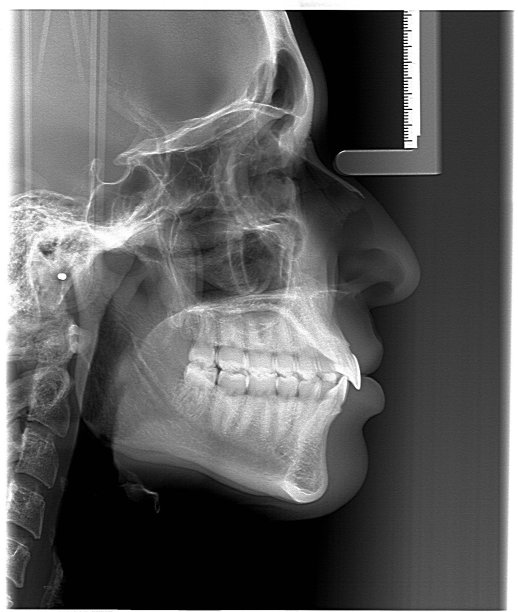Exploring the Lifelong Benefits and Innovations in Dental Implant Technology for a Healthier Smile
Summary: Dental implants have revolutionized the landscape of restorative dental care, offering patients an array of lifelong benefits and innovative improvements. With enhanced technology and material advancements, these implants not only improve aesthetics but also significantly enhance oral health and overall patient quality of life. This article delves into the transformative impacts of dental implants on function, emotional well-being, oral hygiene, and emerging technological advancements. By exploring these dimensions, we highlight the reasons why dental implants represent a lasting solution for achieving a healthier smile.
1. Functional Advantages of Dental Implants

One of the most significant advantages of dental implants is their remarkable functionality. Unlike traditional dentures, which can slip or cause discomfort while eating, dental implants are securely anchored into the jawbone. This stability allows individuals to chew and bite naturally, restoring their ability to enjoy a varied diet without fear of denture-related complications.
Moreover, dental implants closely mimic the function and appearance of natural teeth. This results in better speech and reduced risks of slurring, which is often experienced by denture wearers. By regaining lost functions, patients experience a renewed sense of normality in their daily lives.
Furthermore, dental implants contribute to the preservation of jawbone health. When teeth are lost, the jawbone can deteriorate over time, leading to changes in facial structure. Implants stimulate bone growth through osseointegration, effectively preventing bone loss and maintaining the integrity of the facial architecture.
2. Emotional and Social Impact on Patients
Beyond functional benefits, dental implants significantly enhance an individuals emotional well-being. Missing teeth can lead to feelings of embarrassment and low self-esteem, affecting ones confidence while interacting socially. Dental implants help restore not only physical appearance but also the self-assurance required to engage openly with others.
Patients report an increased willingness to smile and laugh, ultimately enriching their social interactions. This newfound confidence can also positively influence career opportunities and personal relationships, creating a ripple effect in various aspects of life.
Additionally, laughter and social engagement contribute to mental health. By mitigating feelings of anxiety and inadequacy associated with tooth loss, dental implants play a crucial role in enhancing overall quality of life and emotional stability.
3. Improved Oral Hygiene Practices
Another essential factor in the longevity of dental implants is the contribution they make towards improved oral hygiene. Unlike traditional dentures, dental implants do not require special creams or adhesives and can be maintained with normal brushing and flossing. This ease of care encourages better oral hygiene habits and can lead to healthier overall dental health.
Moreover, implants help patients avoid the risks associated with untreated dental issues, such as further tooth loss or gum disease. With proper care and regular dental check-ups, individuals with dental implants can effectively minimize the onset of complications that often accompany partial or complete dentures.
Additionally, dental implants do not affect adjacent teeth, preserving their structure and health. This is a significant benefit over other restorative options that may require filing down neighboring teeth to accommodate bridges, which can compromise their long-term viability.
4. Innovations Driving Dental Implant Technology
Recent innovations in dental implant technology are enhancing their efficacy and safety. Techniques such as guided implant placement and 3D imaging allow for more precise placements, minimizing surgical complications and recovery time. These advancements result in a better fit and increased patient comfort throughout the process.
Furthermore, the development of biocompatible materials, such as titanium and zirconia, has led to significant improvements in longevity and aesthetic outcomes. These materials not only integrate seamlessly with bone but also provide a natural look, making implants indistinguishable from real teeth.
Another exciting innovation is the use of digital dentistry technologies, which enable dentists to create custom implants tailored to an individual’s unique anatomy. This personalization ensures a better fit and improves the overall success rate of the implants.
Summary:
In conclusion, dental implants offer a comprehensive solution for individuals seeking to restore their smile and improve their quality of life. The functional, emotional, and hygienic benefits, along with ongoing technological innovations, underscore the immense value of dental implants as a long-lasting restorative option. By choosing dental implants, patients invest not only in their immediate dental health but also in their long-term happiness and well-being.
This article is compiled by Vickong Dental and the content is for reference only.



